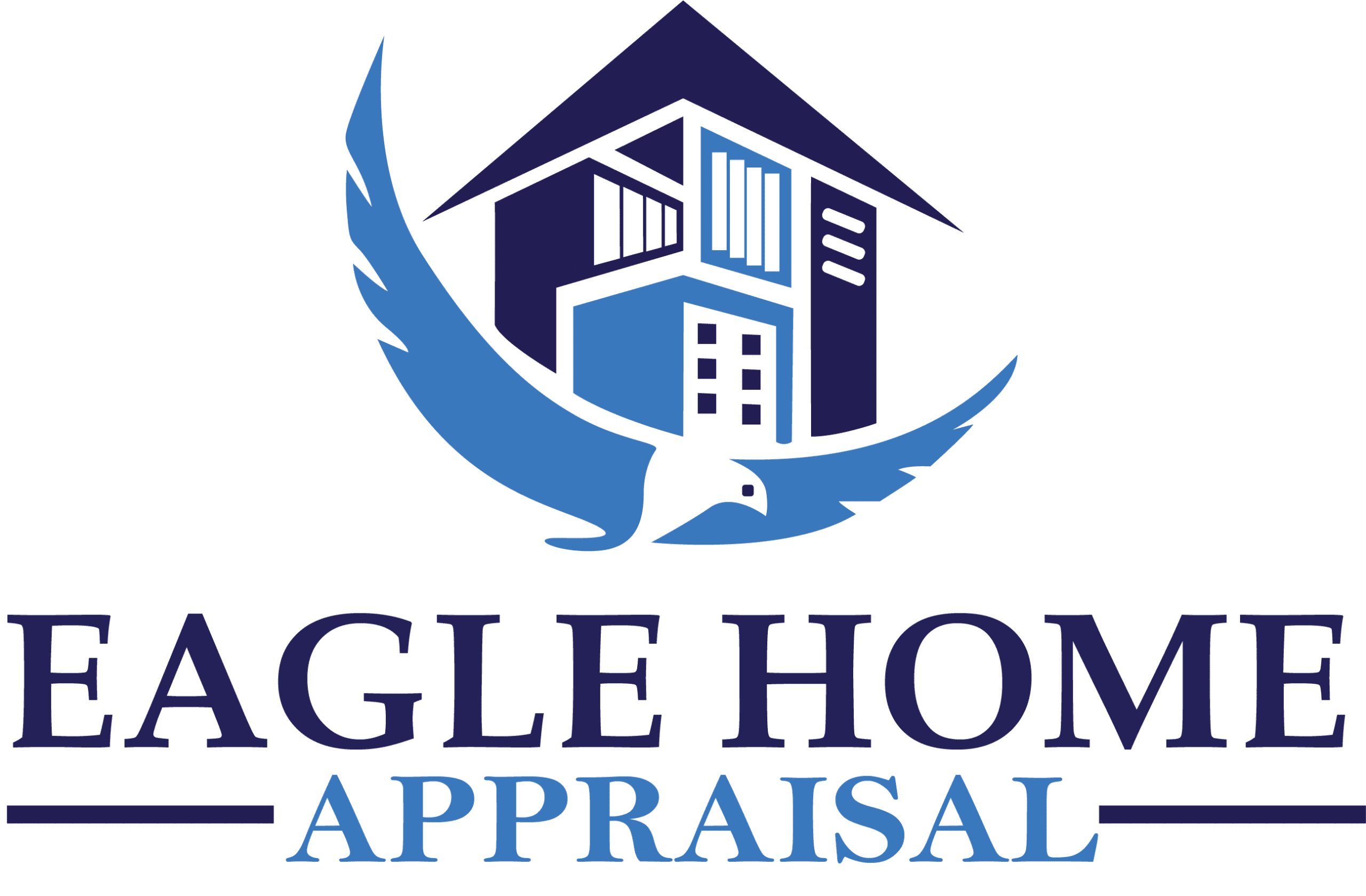Understanding the Appraisal Gap and Its Effects on Homebuyers

Posted on April 05, 2023
Buying a home can be a complex and stressful process, and one of the most significant challenges that homebuyers face is the appraisal gap. The appraisal gap occurs when the appraised value of a property is less than the sale price, leaving homebuyers to make up the difference in cash. In this blog post, we will explore the appraisal gap and its effects on homebuyers.
What is the Appraisal Gap?
The appraisal gap occurs when the appraised value of a property is less than the sale price. For example, if a home is listed for sale at $500,000, but the appraised value is only $450,000, the appraisal gap is $50,000. In most cases, lenders will only finance up to the appraised value of the property, which means that homebuyers are left to make up the difference in cash.
Why Does the Appraisal Gap Occur?
The appraisal gap can occur for several reasons. One of the most common reasons is that the home is overpriced. In some cases, sellers may list their home for a higher price than its true market value, leading to an appraisal gap.
Another reason for the appraisal gap is that the market may be experiencing a rapid increase in home prices. In these cases, the appraiser may not have enough recent comparable sales data to support the sale price.
Effects of the Appraisal Gap on Homebuyers
The appraisal gap can have significant effects on homebuyers. Here are some of the most common effects:
1. Increased Cash Requirements: When the appraisal value is lower than the sale price, homebuyers are left to make up the difference in cash. This means that homebuyers may need to come up with thousands of dollars in additional funds to close the sale.
2. Mortgage Approval Issues: When the appraisal value is lower than the sale price, lenders may not approve the full amount of the mortgage. This means that homebuyers may need to come up with additional funds to meet the lender's requirements.
3. Negotiations with the Seller: In some cases, homebuyers may need to negotiate with the seller to lower the sale price to the appraised value. This can be a challenging and stressful process, and it may result in the loss of the sale.
How to Avoid the Appraisal Gap
While the appraisal gap can be challenging to avoid, there are some steps that homebuyers can take to reduce the risk of encountering an appraisal gap. Here are some tips:
1. Work with a Qualified Appraiser: One of the best ways to avoid the appraisal gap is to work with a qualified appraiser. A qualified appraiser will conduct a thorough analysis of the property and provide an accurate appraisal value.
2. Research the Market: Homebuyers should research the local real estate market to get an idea of the property's true market value. This can help to avoid overpaying for a property and reduce the risk of encountering an appraisal gap.
3. Get Pre-Approved for a Mortgage: Homebuyers should get pre-approved for a mortgage before starting their home search. This can help to ensure that they are looking at homes within their budget and reduce the risk of encountering an appraisal gap.
Conclusion
In conclusion, the appraisal gap can have significant effects on homebuyers. It can lead to increased cash requirements, mortgage approval issues, and negotiations with the seller. However, there are steps that homebuyers can take to reduce the risk of encountering an appraisal gap, such as working with a qualified appraiser, researching the market, and getting pre-approved for a mortgage.
At Eagle Home Appraisal SEA, we understand the importance of accurate and reliable appraisals for homebuyers. Our team of certified appraisers has extensive experience in real estate appraisal, and we are committed to providing our clients with the highest level of service and accuracy.
If you are a homebuyer or seller in need of a real estate appraisal or any of our other services, please do not hesitate to contact us at (206) 210-3404 or email us at [email protected]. We look forward to helping you with all of your real estate appraisal needs.
Contact Us for a Quote
Contact Us for Residential Home Appraisals
Fill out the form below, and one of our certified home appraisers will be in touch with you shortly.
We are confident that you will be satisfied with our services, and we look forward to helping you with all of your real estate appraisal needs.
